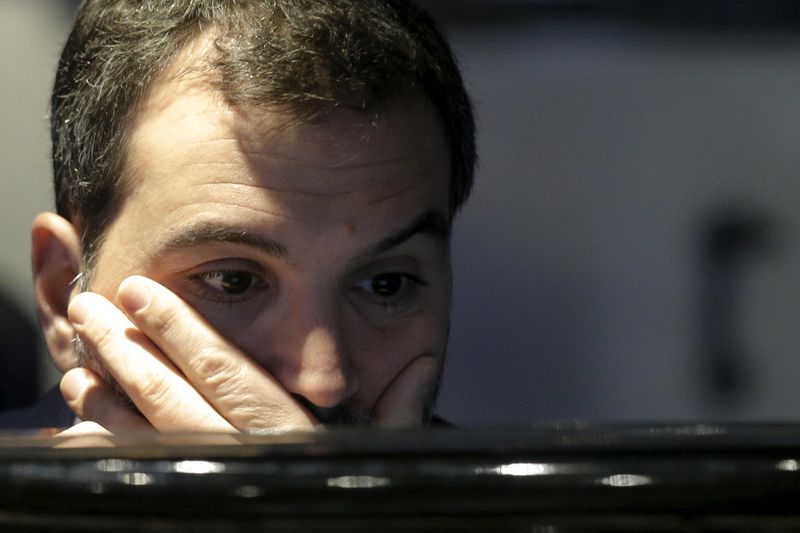© Reuters. FILE PHOTO: A man walks beneath electricity pylons during frequent power outages from South African utility Eskom, caused by its ageing coal-fired plants, in Orlando, Soweto, South Africa, January 16, 2023. REUTERS/Siphiwe Sibeko
By Kopano Gumbi and Rachel Savage
JOHANNESBURG (Reuters) – The outlook for Africa’s debt sustainability remains “cloudy” as low growth and high inflation challenge the stability of many economies across the continent, the World Bank’s Africa chief economist said on Monday.
Andrew Dabalen said a form of stagflation taking hold was one of the biggest concerns. Growth is expected to reach 3.1% in 2023, the bank has said, while inflation is in the double digits in many parts of the continent.
Adding to the concerns, almost half of the countries in Sub Saharan Africa are in debt distress or at high risk of being in debt distress, according to the World Bank.
“We don’t expect the number to grow beyond what we have now,” Dabalen said in an interview with Reuters, although he cautioned that changing global economic conditions continued to present risks to that outlook.
Zambia was the first African nation to default on its debt in 2020 and Ghana followed late last year. Chad completed negotiations with its creditors under the G20’s Common Framework process in November without receiving a debt reduction, while Ethiopia’s talks were delayed by a civil war.
Dabalen said the Common Framework debt restructuring negotiations for Zambia “keep dragging on” and that the process should be equitable for all creditors.
Many countries are taking the necessary steps to implement reforms that would better serve their long-term objectives, he said, adding that domestic reforms would always be superior to those imposed on them by international funders.
A significant number of countries on the continent are in the unique position of having the mineral resources necessary for the low-carbon future, Dabalen said.
“A lot of the minerals in demand come from mostly African countries. … so they can really try and maximise revenues to build different kinds of economies that are industrialised,” he said.
Read the full article here



